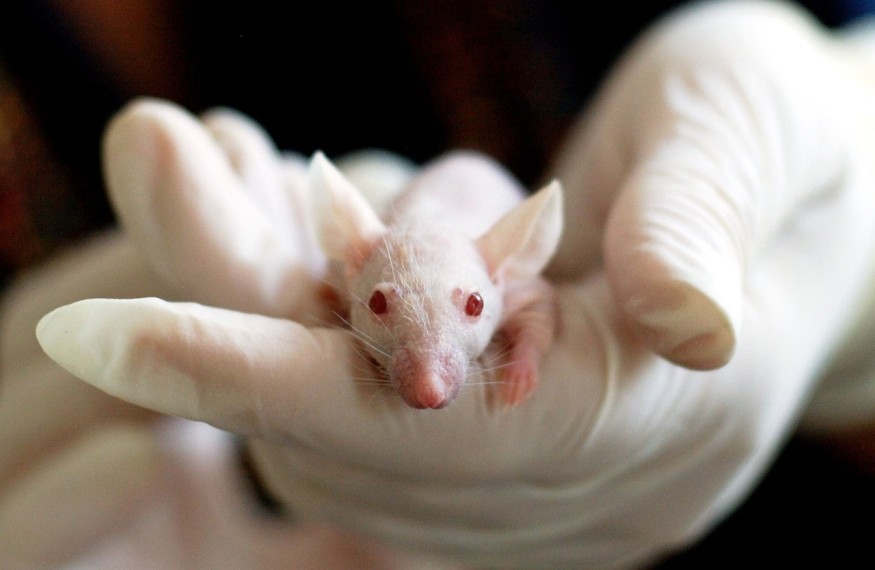Animal experiments have been associated with the objective of advancing our theoretical and practical knowledge in biology and other fields in the name of science. For decades, these scientific practices have pushed the boundaries of our understanding not only of the human body but also the biology of some other animals, encompassing various areas like cancer research, medicine, genetics, and evolution.
However, such scientific feat also comes with a cost, based on previously documented animal experiments that went wrong. According to animal rights and welfare authorities, millions of animals around the world have been subjected to these animal testing and laboratory experiments each year, ranging from small mammals even to cold-blooded animals.
What is Animal Testing?

Animal testing or experimentation pertains to the methods applied to living animals with the sole purpose of conducting research on basic biology and diseases. It is also linked to determining the effectiveness of new medicine products, , according to the Humane Society International (HSI).
Moreover, the experimentations are also for testing the safety of consumer and industry products, including cosmetics and chemicals, when inhaled or gets in contact with humans.
Some of these animal experimentations include the following methods, proven to cause potential physical and psychological distress and suffering to the animals, HSI says:
- Forced chemical exposure
- Genetic manipulation
- Food and water deprivation
- Surgical procedures
- Infliction of pain, wounds, burns, and other injuries
- Killing without the use of euthanasia
Failed Animal Experiments
According to the animal rights and welfare organization People for the Ethical Treatment of Animals (PETA), over 100 million animals suffer and die every year in causes related to animal experimentations. Some cause of deaths includes cruel chemical, drug, food, and cosmetic testing, ranging from biology lessons to medical experiments at universities. This is in addition to experiments conducted by scientists and researchers.
Below are some of the 10 disturbing animal experiments that went wrong over the past century, according to PETA:
- Maryland psychologist involved in severing spinal cords of monkeys and shocking them (1958-1981)
- Private pharmaceutical company injects horses with snake venom (1961-Present)
- Columbia experimenters removed baboon's eyes out (2001-2011)
PETA asserts that many of these experimentations are not even required or recognized by law and often generate inaccurate or misleading results.
Animal Ethics in Research
Regardless if the experimentations were successful or not, there have been growing concerns in recent years regarding the methods or manners in which the laboratory procedures were conducted. Based on several investigations, including undercover ones, lab animals experience pain, anxiety, and other emotions linked to unethical animal experiments.
Amid the animal ethics issue in biomedical research, the scientific community is still divided when it comes to using animals under the mentioned violent experiments mentioned earlier.
According to Stanford University, one of the main reasons why animals are significant in biomedical research is due to the reason that they are very similar to humans. Other organizations such as the Royal Society for the Prevention of Cruelty to Animals (RSPCA) that unethical animal experiments are "neither necessary nor justified."
For instance, dolphins have also been subjected to this kind of experimentations, with studies including behavioral research and calf social development, according to the Dolphin Research Center.
Related Article : 7 Groundbreaking and Sustainable Alternatives to Animal Testing
© 2025 NatureWorldNews.com All rights reserved. Do not reproduce without permission.





